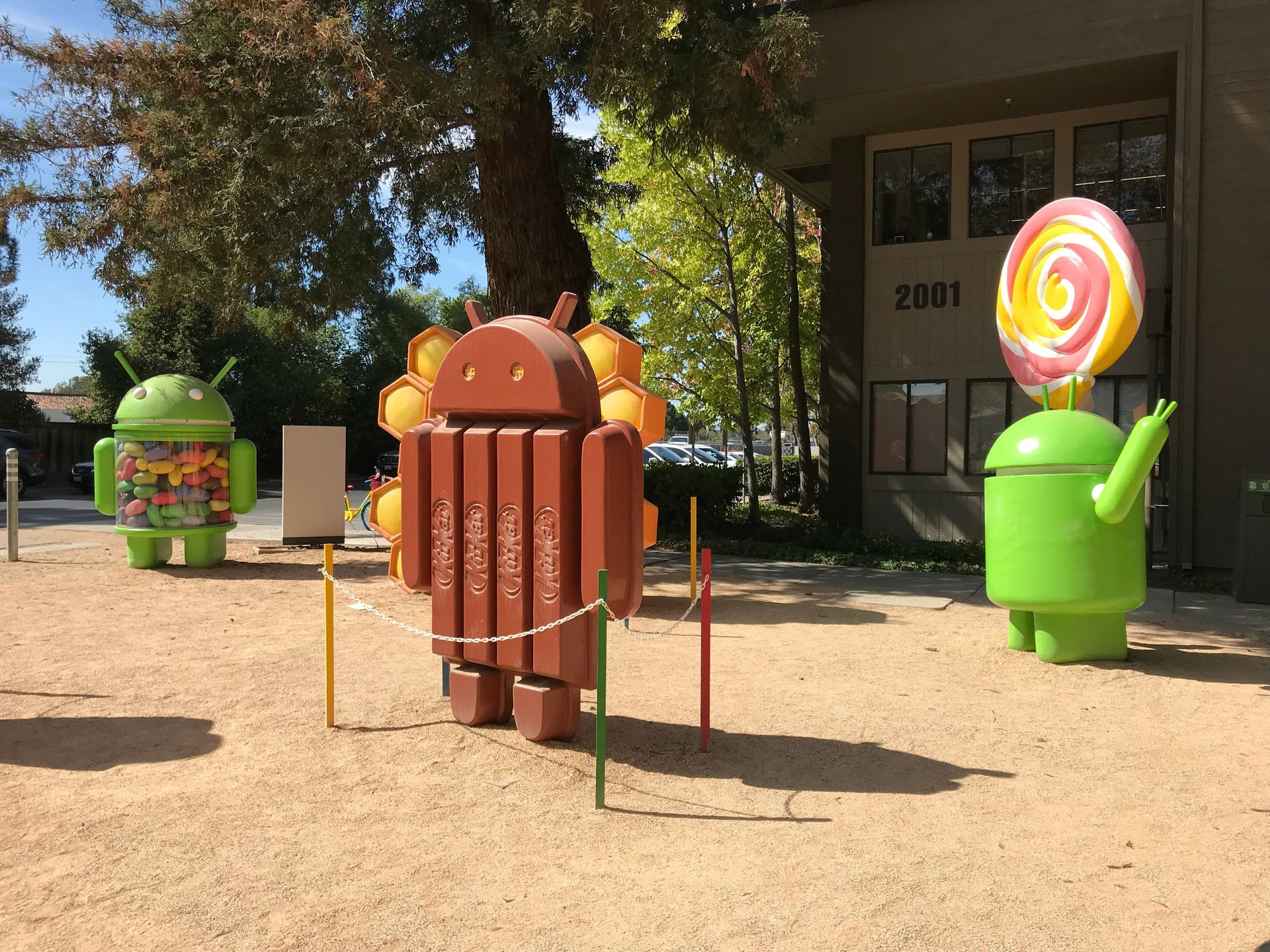While the tech world continues to explore and integrate AI into every facet of our digital lives, Google’s recent release of the Android 15 developer preview stands out with a strong focus on foundational capabilities: enhanced privacy, optimized performance, and improved developer tools.
The prevalence of AI-powered features like Samsung Galaxy AI highlights a growing trend that some may find concerning. AI assistants raise questions about data collection practices and whether user privacy might be compromised for the sake of greater convenience and personalization. Android 15’s focus on privacy and security-oriented features could be seen as a welcome response to such potential worries while still addressing evolving developer and user needs.
Let’s take a look at what the first Android 15 developer preview tells us about Android’s continued development.

What is new on the Android 15 developer preview?
The initial features unveiled in the Android 15 developer preview strike a balance that’s increasingly important to many users. While convenience and cutting-edge technology can be exciting, this release acknowledges the value of protecting the core user experience. Ensuring solid privacy protocols, smooth performance, and intuitive controls empowers users by creating a reliable and trustworthy operating system environment.
Android 15 appears to cater to these crucial areas while still keeping a keen eye on developer needs and tools for creativity.
Let’s explore some of the specific enhancements we’re seeing:
Privacy as a priority
Android 15 takes privacy seriously. Building on the Privacy Sandbox, this release promises further tools to maximize user privacy while still allowing tailored advertising experiences for mobile apps. The integration of FileIntegrityManager with fs-verity technology enhances file security. It introduces checks against cryptographic signatures, a significant step in reducing the risk of file tampering or malicious alterations.
Supporting wellness initiatives
Health Connect goes further in Android 15, leveraging Android 14 extensions (level 10) to now support a wider range of health-related data. Fitness, nutrition, and other wellness categories integrate seamlessly with Health Connect, offering better options for monitoring health and fitness on Android devices.

Improved user control
Android 15 gives users greater control over the content they choose to share. The partial screen sharing feature eliminates the need to share the entire device screen. This enables users to selectively share or record content from specific app windows, boosting autonomy and minimizing concerns about sharing sensitive information unintentionally.
Support for content creators
Camera capabilities in Android 15 get a boost too. Developers can manipulate camera previews with low-light improvements for brightness adjustments. In addition, advanced flash adjustments allow precise control of flash intensity during photoshoots. Finally, Virtual MIDI 2.0 support bridges the gap between virtual MIDI apps and hardware MIDI devices, unlocking further creativity in music production.
Focus on performance
Android 15’s Android Dynamic Performance Framework (ADPF) becomes even more robust, aiding developers in crafting smooth and responsive apps. New tools allow developers to more effectively manage power consumption and heat buildup, particularly relevant for high-performance applications and games.
Developer tools get stronger
Android 15 continues to support developers with ongoing enhancements to OpenJDK APIs. Improvements for NIO buffers, streams, and security streamline development for those using modern programming features. Through consistent Google Play System updates, these enhanced APIs reach billions of Android 12+ powered devices.

How to try Android 15 developer preview
Visit the Android 15 developer site for details on obtaining the preview. You can flash a system image onto supported Pixel devices (Pixel 6, 7, or 8 series, alongside the Pixel Fold and Pixel Tablet). If you don’t have a Pixel, download the 64-bit system images with the Android Emulator in Android Studio.
Android Studio Jellyfish (or more recent versions) are recommended for optimal development with the preview.
Featured image credit: Google Android.





